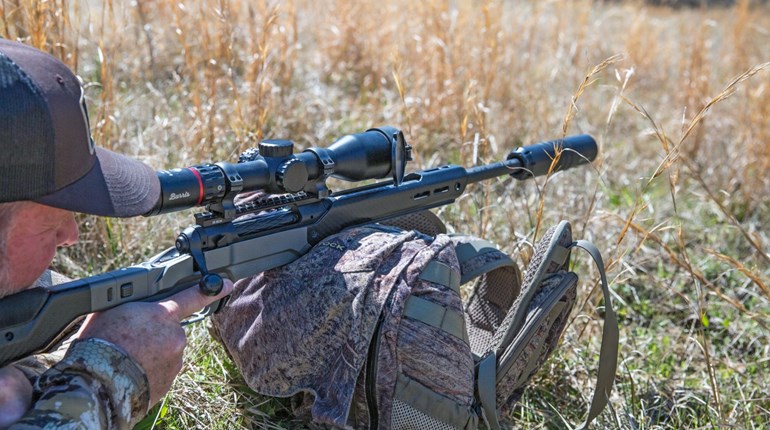
Two southern Utah residents have been sentenced for leading "canned" mountain lion hunts. For those more reputable folks completely unfamiliar with the term, a "canned" hunt refers to a hunt in which the target animals is kept in a target area through various means. This could be a cage or a chain, though with lion hunts it often means keeping the cat treed or bayed for an extended period of time until a person who was not a member of the original hunting party can come shoot the animal.
This crime is also a violation of the Lacey Act, which prohibits selling any wildlife taken or sold in violation to state law. In the context of the Lacey Act, providing guiding or outfitting services counts as part of the "sale."
The men sentenced are Wade Lemon, 63, of Holden, and Kacey Alan Yardley, 47, of Enoch. Lemon, who owns and operates Wade Lemon hunting, was sentenced to two months in prison and a $10,300 fine, as well as a one year commercial ban on federal land. According to the Department of Justice (DOJ), the nearly 100-percent success rate Wade boasted of on his website was a direct result of cheating a defrauding hunters with canned hunts. Lemon himself admitted to participating in canned hunts on Jan. 24, 2021, and Dec. 15, 2020, on Bureau of Land Management (BLM) and National Forest Service (NFS) land.
Yardley, meanwhile, will serve six months bench probation for involvement in the Dec. 15 hunt, and is banned from federal land for commercial purposes during that time. Yardley admitted that the cougar was held at bay until a hunter not in the original party showed up, to take the animal.
“This is a unique and important case because hunting is an important part of Utah’s culture,” said U.S. Attorney Trina A. Higgins of the District of Utah. “Canned hunts are illegal because they create an unfair advantage and can lead to inhumane treatment of the animals. It is also unfair to hunters who paid thousands of dollars for a guide and had no idea that they were participating in a canned hunt. My office and our law enforcement partners take these crimes seriously because they negatively impact our state and the hunting community.”
“The Forest Service issues special use permits to many outfitters and guides who provide a valuable service to the public,” Fishlake National Forest Supervisor Mike Elson said. “This case was important to help ensure the legitimacy of permitted services.”
For more on the story, check out the St. George News.


































